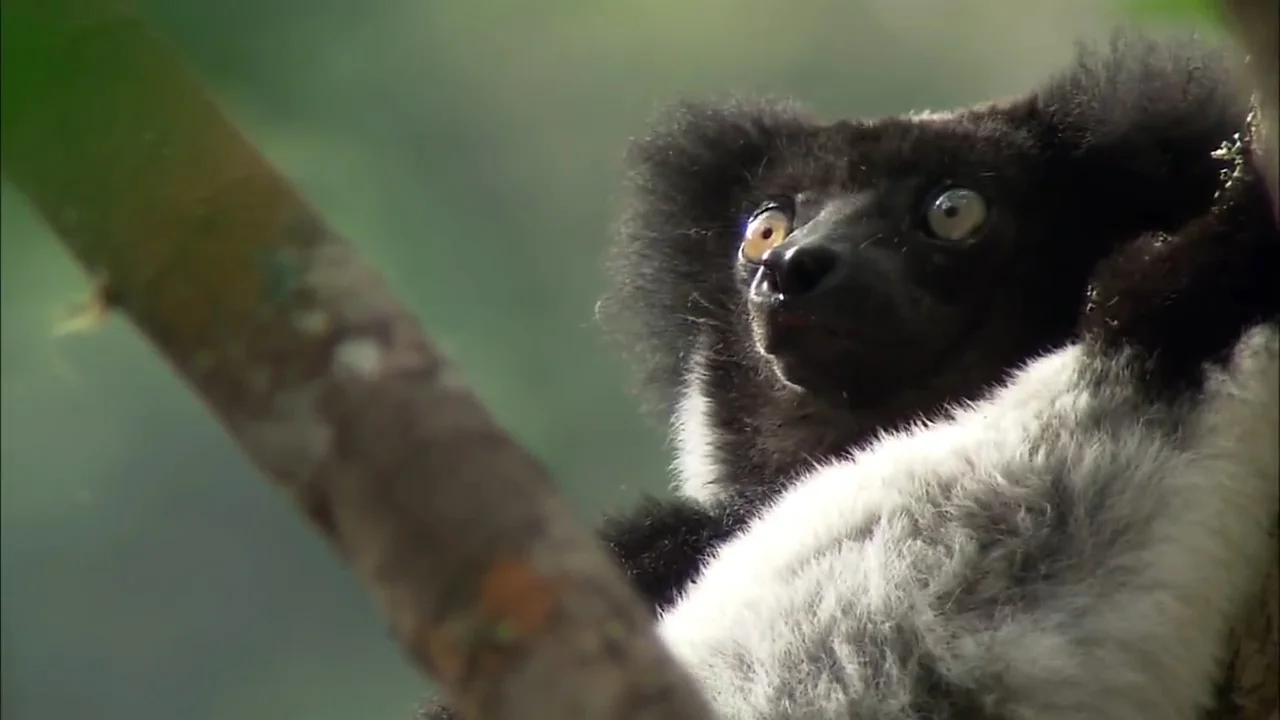Potato Biodiversity • Director | Producer
Farmers in the Andes use biodiversity as insurance. The potato, a plant native to the area that is now the world's fourth most important staple crop, is still locally grown in thousands of varieties. With help from Lima's International Potato Center, Andean farmers are preserving potato diversity to protect this critical food source against threats like pests and diseases, weather extremes, and climate change.
Huancayo and Huancavelica, Peru
Acid Oceans • Director | Producer
Since the beginning of the industrial age, the ocean has been absorbing greenhouse gases. The increase in carbon dioxide has made the ocean’s pH more acidic. Biologists realize that this change is hampering the development of hard-shelled marine creatures, leaving them more vulnerable to environmental stressors.
Santa Barbara, CA
A New View From the South Pole • Director | Producer
The South Pole is a harsh and desolate landscape in which few life-forms can flourish. But the extreme cold and isolation are perfect for astronomical observations. Taking advantage of the severe conditions, scientists are using the new South Pole Telescope—the largest ever deployed in Antarctica—to observe the oldest light in the Universe, the cosmic microwave background (CMB).
McMurdo and South Pole Stations, Antarctica
The Risk Beneath Bangladesh • Director | Producer
With a population exceeding 160 million in an area the size of Iowa, Bangladesh is Earth's most crowded nation. It also straddles several tectonic plate boundaries that have produced large earthquakes in the past. An earthquake near the capital, Dhaka, could cause a river to shift dramatically through the populous region.
Dhaka and Sylhet, Bangladesh
Lemurs of Madagascar • Producer
On the world's fourth largest island, and virtually nowhere else, lives an entire "infraorder" of primates: the three dozen or so lemur species. But rampant deforestation and habitat fragmentation are threatening their survival.
Ranomafana National Park, Madagascar
The Expanding Universe • Director | Producer
In 1998, two independent teams of astrophysicists discovered a baffling phenomenon: the Universe is expanding at an ever-faster rate. The current understanding of gravity can't explain this cosmic acceleration. Scientists think that either a mysterious force called dark energy is to blame—or a reworking of gravitational theory is in order.
Mt Hamilton, CA and Warrenville, IL
Learning from Lyme • Director | Producer
Declining biodiversity may be one factor contributing to the rise of Lyme disease among humans. Preserving a balance of species could be essential in preventing an increase in the disease and may have an impact on other emerging infectious diseases.
Millbrook, NY






